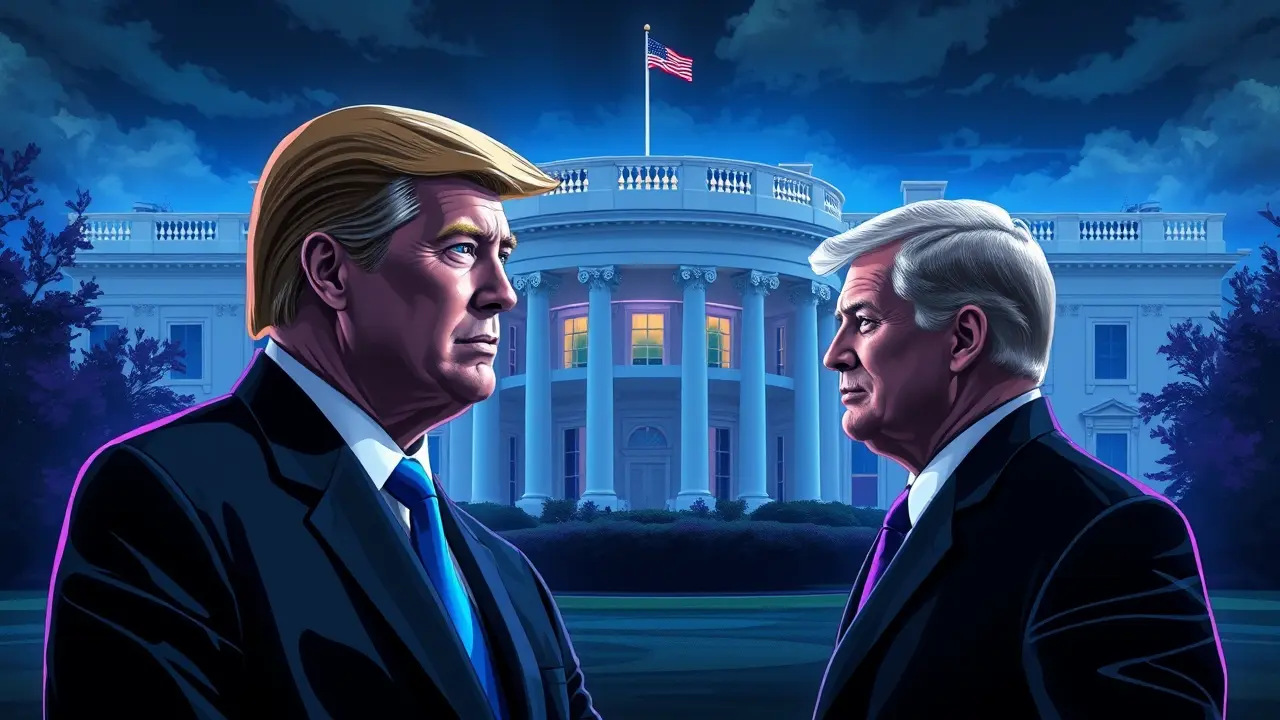Zelenskyy to Lobby Trump for Long-Range Missiles at White House.
In a strategic maneuver reminiscent of historic wartime summits, Ukrainian President Volodymyr Zelenskyy is preparing to personally lobby former President Donald Trump at the White House for the provision of long-range missiles, a pivotal asset that would fundamentally alter the kinetic calculus of the conflict. This diplomatic offensive, set against the backdrop of a potentially transformative American election, is not merely a request for hardware but a profound test of geopolitical allegiance and strategic doctrine.The specific weapons system sought—likely the Army Tactical Missile System (ATACMS) with a range exceeding 180 miles—represents the key to unlocking a new phase of the war for Ukraine, enabling its forces to systematically degrade Russia’s military-logistical spine by striking command centers, ammunition depots deep in occupied territories, and the critical energy infrastructure that fuels the Russian war machine. One can draw a historical parallel to Churchill’s desperate and relentless appeals to Roosevelt before America's formal entry into World War II, arguing for the tools to finish the fight, framing the conflict not as a regional dispute but as a battle for the future of the democratic order.The Biden administration, while a staunch supporter, has consistently calibrated its military aid to avoid escalation thresholds that could trigger a direct NATO-Russia confrontation, a policy of cautious escalation that has left Ukrainian commanders operating with one hand tied behind their back, able to defend but not fully to dismantle the enemy's capacity to wage war from safe havens. For President Zelenskyy, the calculus is one of existential necessity; without the ability to strike these high-value targets, Russia can continue its grinding artillery-heavy assaults with impunity, rotating troops and stockpiling munitions just beyond the reach of Ukraine’s current arsenal.The lobbying of Trump, however, introduces a volatile and unpredictable variable into this already complex equation. The former president has frequently voiced admiration for Putin’s strength and has suggested he could broker a peace deal within 24 hours, a statement that sends chills through Kyiv, which fears any settlement that would legitimize Russian territorial conquests.Trump’s transactional view of international alliances, his skepticism of foreign aid not directly tied to American interests, and his past threats to encourage Russia to act against non-compliant NATO members stand in stark contrast to the bipartisan consensus that has underpinned U. S.support thus far. Analysts from the Center for Strategic and International Studies note that providing these missiles would not be a silver bullet, but it would force Russia to disperse its logistics, relocate air defense systems currently menacing the front lines, and fundamentally reconsider the security of its rear areas, potentially creating the operational breathing room Ukraine desperately needs for a successful counter-offensive.Conversely, the Kremlin has issued stark warnings that such a move would constitute a major escalation, crossing a red line that could provoke asymmetrical responses, possibly including cyberattacks on Western critical infrastructure or the further weaponization of energy supplies to Europe. The White House meeting, therefore, is less a simple negotiation and more a high-stakes diplomatic gambit where Zelenskyy must not only present a compelling military rationale but also appeal to Trump’s perceived sensibilities regarding strong leadership, deal-making, and the legacy of American power. The outcome will signal whether the United States, under its next administration, is prepared to empower its ally to pursue a decisive military conclusion or will pivot toward a pressured negotiation from a position of Ukrainian disadvantage, a decision that will echo through the halls of power in European capitals from Berlin to Paris and ultimately define the security architecture of the continent for a generation.
It’s quiet here...Start the conversation by leaving the first comment.
